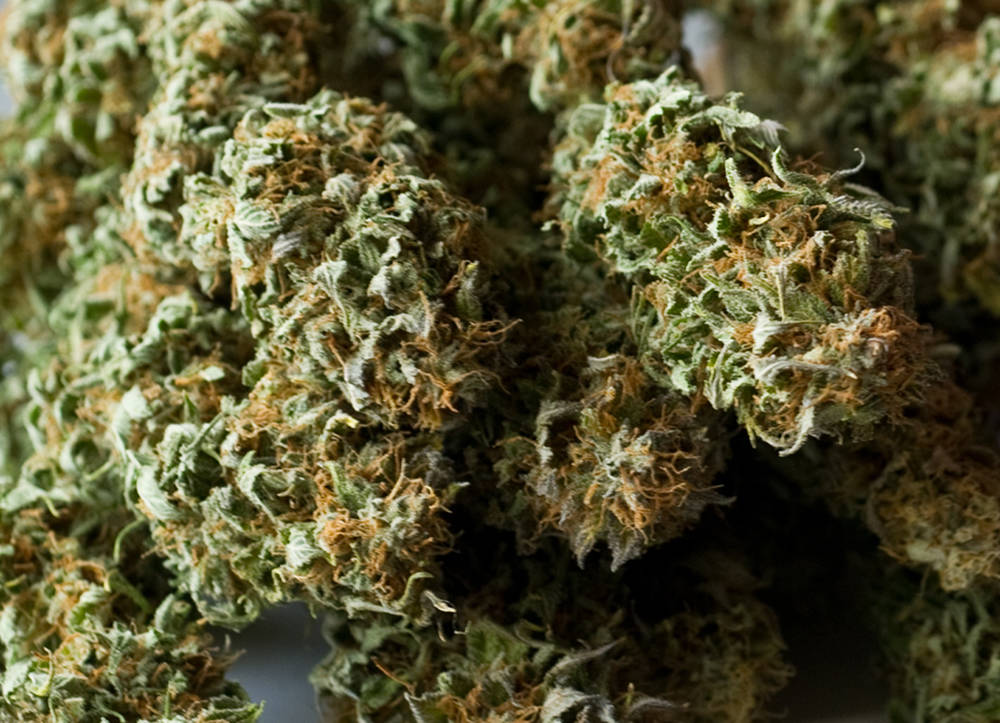The City and Borough of Juneau is considering an ordinance that expands the reasons it can revoke a city-issued business license when marijuana-based businesses are delinquent on sales tax or utility payments owed to the city.
CBJ municipal attorney Robert Palmer explained to the Human Resources Committee Monday night during a Zoom meeting that the city requires marijuana businesses to have a state and city license to operate. He explained that this is unusual because the city does not license other types of businesses.
Cannabis industry rolls along despite pandemic
“The original intent of the CBJ marijuana license was to give local control and be more responsive than relying on any state process to correct any alleged violations,” Palmer said.
He explained that recently CBJ staff had identified the need to expand the reasons that a city license could be revoked.
“Our enforcement tools for marijuana are very limited. We can’t seize assets,” he said, adding that inserting the license revocation process when taxes aren’t paid promptly adds a new tool for the city.
Palmer shared the first draft of a potential ordinance that would give the Community Development Department director broader authority to take corrective action when a business doesn’t remit sales tax on time.
Assembly member Maria Gladziszewski told the committee that she was a member of the initial group that wrote the city regulations when marijuana was legalized. She said that not including the city’s option to revoke a license for delinquent taxes and fees was unintentional.
“The intent was to have local control,” Gladziszewski said. “The ordinance was all about local control and the ability to enforce things and not have to genuflect to the state.”
The ordinance will now move to the full Assembly for a vote.
Downtown shop may be 1st of offer onsite pot consumption
In a phone interview Wednesday afternoon, Lacy Wilcox, president of the Alaska Marijuana Industry Association, said the industry welcomes the proposal.
“The industry has been advocating for a more diligent approach to tax enforcement. Where there’s chronic delinquency, there needs to be enforcement,” Wilcox said.
She said that this type of ordinance closes a loophole that allowed operators to renew a state license without city approval because of communication breakdowns along the way.
“We advocate things to close the loophole,” she said. “This is a good thing, and it should have been this way all along.”
Wilcox said that because marijuana is still illegal at the federal level, operators face a tricky balance of operating in a highly regulated environment but without access to traditional banking or business advising relationships.
She noted that a lack of banking options means that owners of marijuana businesses must make tax payments with cash directly to the city and state.
“The city and state are flexible,” she said. “But, it becomes an issue when people are chronically behind on taxes. It’s a slap in the face for those who are keeping up.”
•Contact Dana Zigmund at dana.zigmund@juneauempire.com or 907-308-4891.

